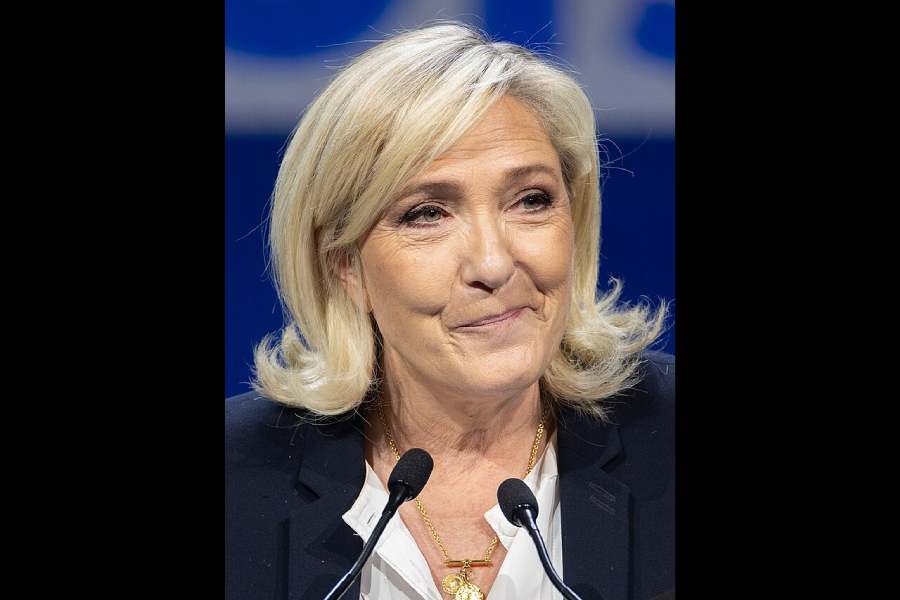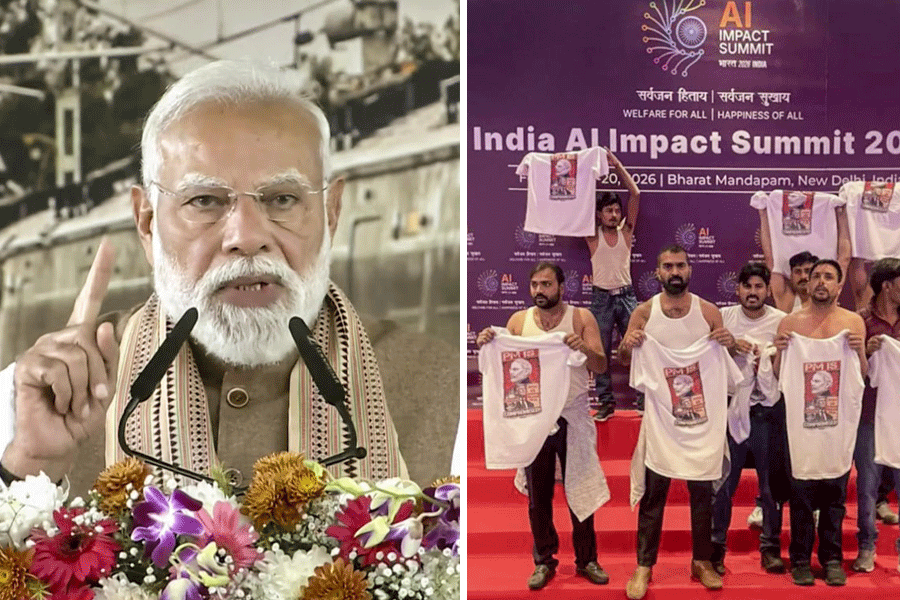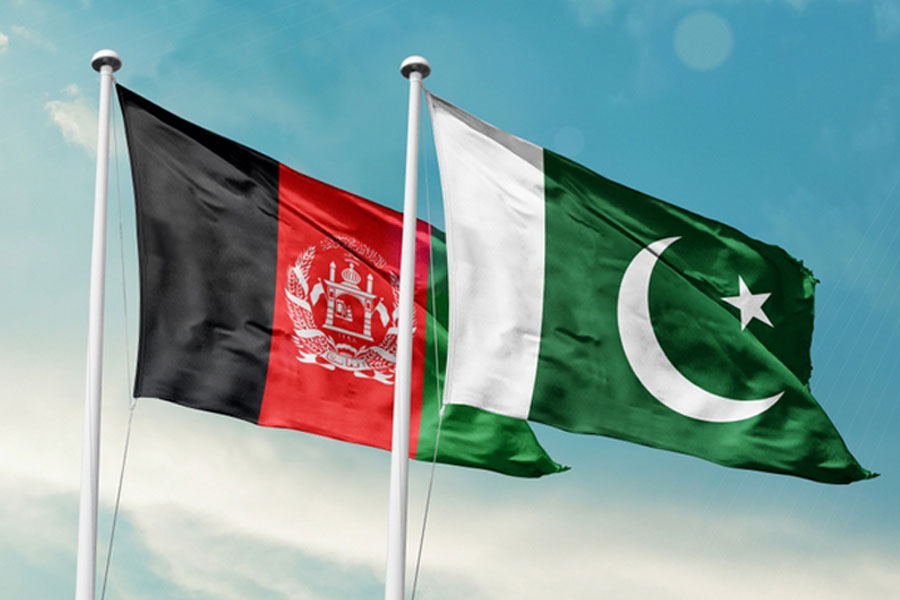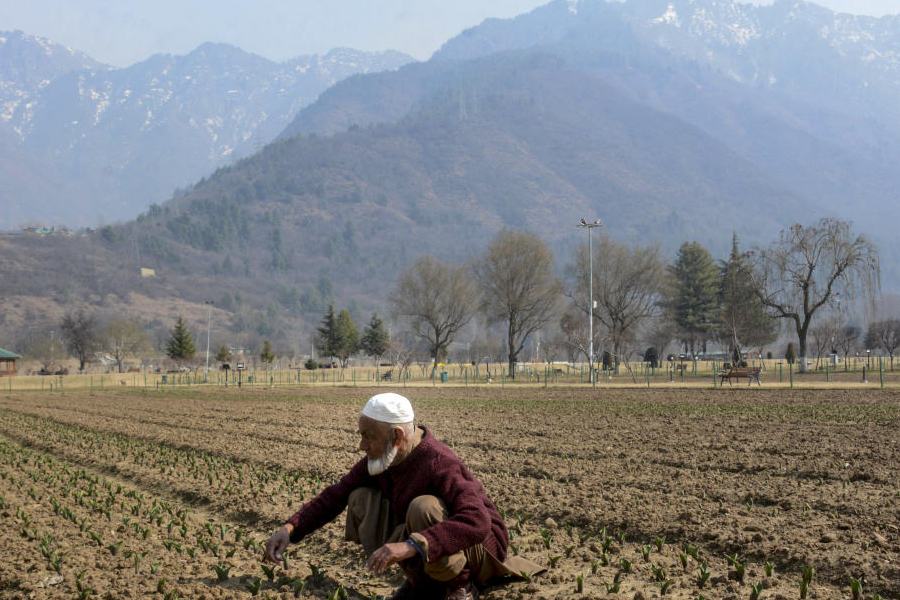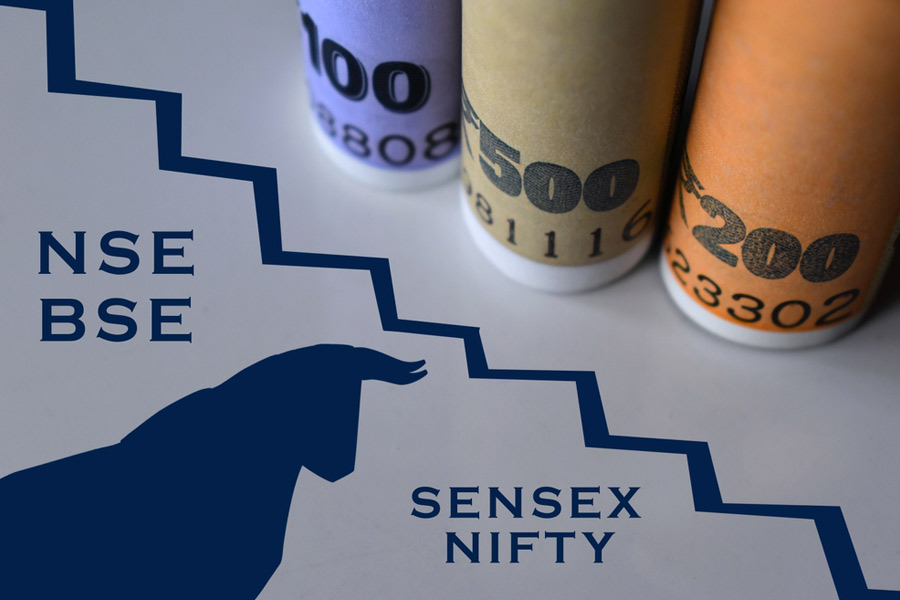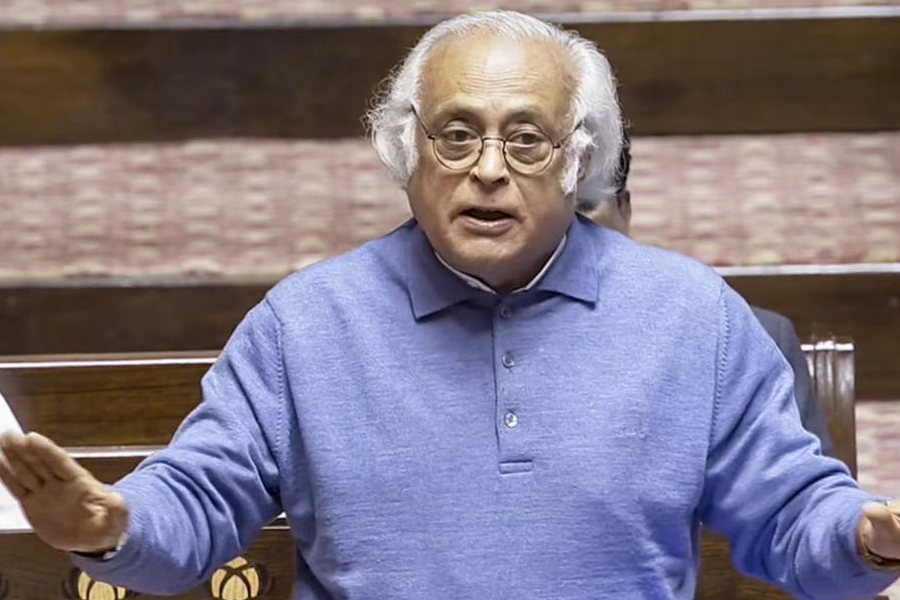The conviction of the French far-Right leader, Marine Le Pen, on charges of graft earlier this week threatens to set off a political firestorm in the country, testing its institutions and democracy at a time when the nation is already deeply divided. Ms Le Pen, who has risen from the fringes of French politics to emerge as a leading prospect for future president, has, according to polls as recent as Sunday, seen a surge in popularity in recent months. Ms Le Pen’s National Rally made the biggest gains of all parties in the 2024 parliamentary elections, turning her into a kingmaker of sorts — a no-confidence vote led by the group had brought down the prime minister, Michel Barnier, last December. The criminal court that convicted Ms Le Pen of embezzlement on Monday also barred her from all political office for five years. She is appealing the verdict,
but if it stands, Ms Le Pen will not be able to contest for the French presidency two years from now. Irrespective of what the courts decide, the judgment could become a milestone in shaping French politics.
Unsurprisingly, Ms Le Pen’s allies, including her protégé, Jordan Bardella, have portrayed the verdict as an injustice driven by the mainstream elite of the country to politically punish Ms Le Pen. They allege that Ms Le Pen’s opponents are trying to weaponise justice to deny her what they cannot at the ballot — a shot at power. If that argument sounds familiar, that is because it has a precedent: in the United States of America, Donald Trump rode a series of legal challenges to come to power last November, accusing the Democrats of using the courts to target him. At a time when Ms Le Pen’s popularity — and that of multiple far-Right parties across Europe — has been on the rise, it is likely that the victimhood narrative will work in France as it appears to have worked in the US. One reason for Ms Le Pen’s growing popularity has been her attempt at rebranding her politics. She has distanced herself from the anti-Semitic comments of her late firebrand father, Jean-Marie Le Pen, and, like the Italian prime minister, Giorgia Meloni, tried to reimagine her movement as one that is more politically palatable to voters and other potential allies. Whether that pivot helps
Ms Le Pen win support in this moment of churn could determine whether she can pull off yet another image makeover — as a martyr France needs as its leader.

